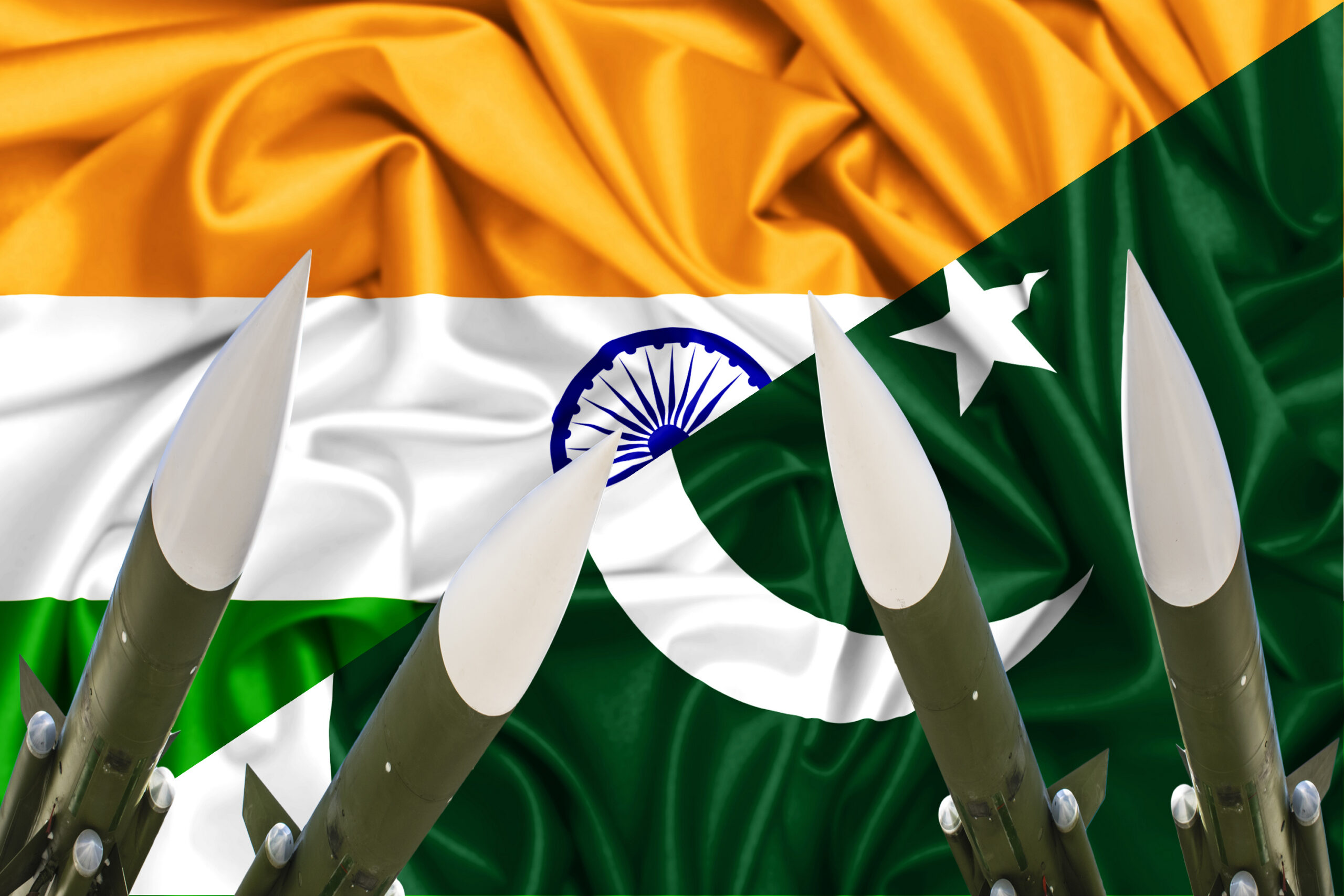
The feudal foundations, British colonial legacies, American imperialist support aimed at containing China and India, and Chinese geopolitical ambitions continue to form the lifeblood of the Pakistani armed forces. The Pakistan Army not only controls the nation’s resources and dominates democratic politics but also undermines the conditions necessary for peace and prosperity. The people of Pakistan suffer under the unchecked power of the military and its politics of terror, which threaten both regional stability and global peace. The Pakistani army’s nuclear blackmail makes it a lethal force that keeps peace in chains for the sake of its own survival.
The authoritarian legal, political, and military framework in Pakistan aligns closely with the interests of landed elites, industrialists, corporate entities, political dynasties, and capitalist classes. The hegemonic rule of the Pakistani Army secures the dominance of both ruling and non-ruling elites, while consigning the working masses to persistent deprivation and marginalisation. Religion has been instrumentalised by the governing elites to deflect attention from the underlying causes of hunger, homelessness, poverty, and unemployment. The ideals of peace, prosperity, and progress remain hostage to the Pakistani military, which systematically sabotages all popular movements for democratic politics, human rights, and economic justice in the country.
The toxic cocktail of money, military power, militancy, and religious extremism has not only eroded Pakistan’s cultural, linguistic, religious and social diversities but has also undermined the foundations necessary for nurturing scientific and secular education—essential for building a society grounded in reason. The militarisation of public consciousness enables the ruling classes to maintain their grip over national resources, even as deprivation and inequality continue to deepen across the country. This creates fertile ground for reactionary forces to thrive, reinforcing the hegemony of the military, militants, and mullahs, while normalising crisis as a permanent feature of national life.
The normalisation and naturalisation of crisis serve to domesticate the working masses through the instrumentalisation of religion, enabling the ruling classes to govern without facing democratic dissent. Such a framework provides the foundation for the Pakistani military to govern the country both directly and indirectly, with the support of mullahs and militants who can no longer be considered non-state actors. These forces live as neighbours and exercise control over the working masses, as if they are inseparable from everyday life of the country.
The terror wielded by the Pakistani military has not only served the interests of imperialist forces in the region but has also been turned against the very people it was ostensibly created to protect. Rampant, everyday terrorism in the country not only destroys lives and livelihoods but also undermines the fundamental conditions necessary for progressive social transformation and the advancement of the people. Today, terrorism has become a thriving industry in Pakistan—normalised by the military and naturalised by the mullahs. These conditions erode the dignity of the people, deepening their sense of powerlessness and disenfranchisement.
These internal nightmares—embodied by the presence of hostile ‘neighbours’ within Pakistan—extend across regions both within and beyond South Asia, making it increasingly difficult for people to engage meaningfully with the Pakistani state and government. The state, controlled by the military, is widely perceived as synonymous with terrorism. Therefore, any movement toward the democratisation of Pakistan’s military, society, state, and government must be rooted in the working people’s struggle against the influence of mullahs and militants.
The working people of Pakistan have a glorious history of leading successful anti-colonial struggles grounded in the ideals of socialism and secularism. This legacy can serve as a guiding force for contemporary working-class movements against the military, mullahs, and militants, aiming at the emancipation of the people and the deepening of democracy and citizenship rights in the country. These forces—along with their colonial, imperialist, and feudal patrons—can only be defeated through sustained working-class struggle. It is for this reason that, after independence, the Communist Party was banned and socialist voices were marginalised in public life, as reactionary forces led by the military and the mullahs consolidated power. These reactionaries understood that radical, socialist, and secular working-class movements posed a direct threat to the interests of Pakistan’s feudal elite.
In this context, it is time for the working people of Pakistan to reclaim their proud legacy and rise in struggle—not only for their present survival, but for a future grounded in prosperity, peace, and justice. The struggle for Pakistan is, at its core, a battle against all forms of feudalism, colonialism, imperialism, and terrorism at work within the country. The true interests of the working masses can be safeguarded only through working class struggle.
